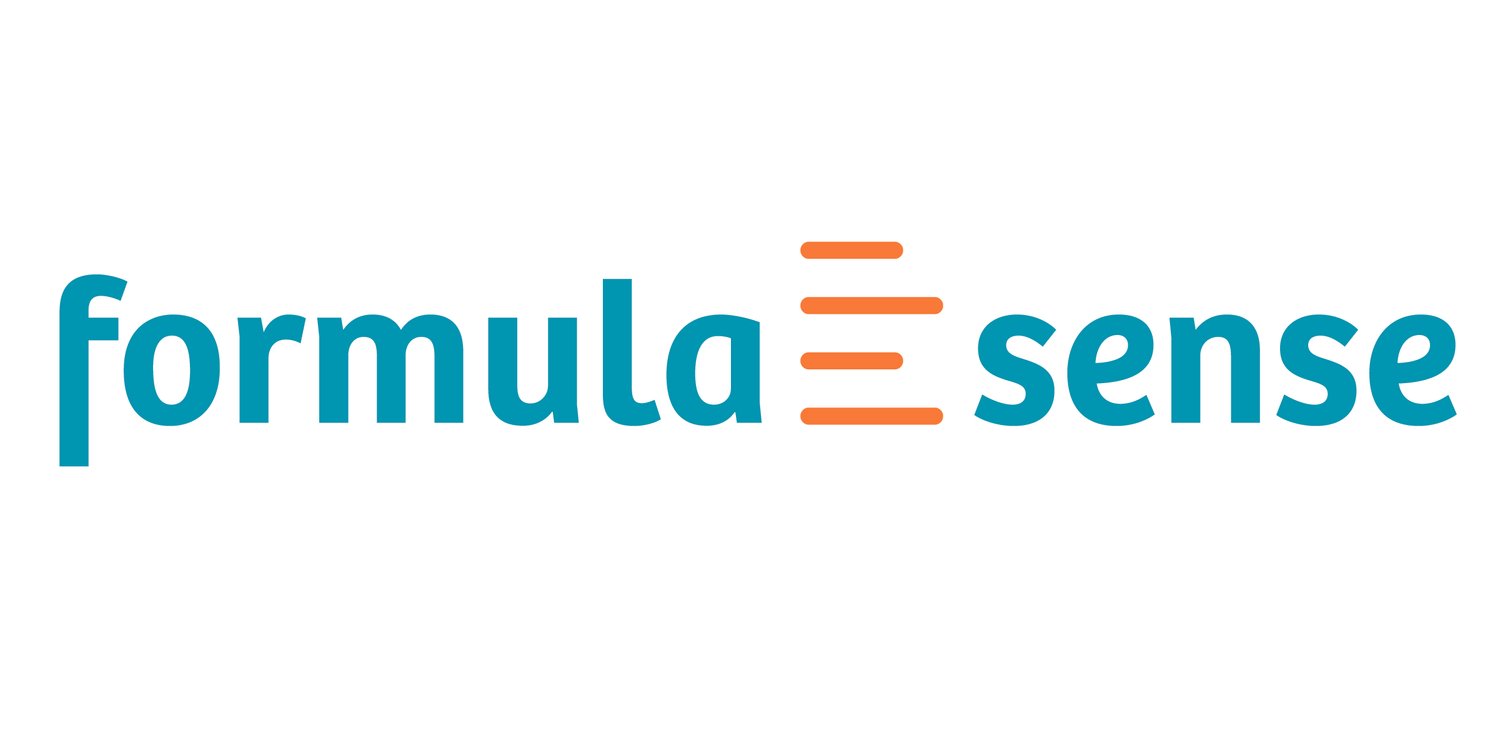What is Corn Syrup?
Corn syrup in infant formula tends to raise some eyebrows. So, let us quickly put possible concerns to rest. Corn syrup is added to infant formula as a substitute for lactose, the natural milk carbohydrate. Corn syrup in formula is not the same ingredient as is found in soda, which is called high-fructose corn syrup. It is an important ingredient in allergy formulas.
What Is Corn Syrup?
Corn syrup gets its name from its source, yellow corn. However, its name does not describe very well what it is. Corn syrup is really glucose syrup.
Corn is a starchy vegetable. Structurally, starch is a long string of the simple sugar glucose linked together, often in a single line like cars on a train.
Starches are extremely long, with up to 1,000 glucose “train cars” linked together. Corn syrup is made by breaking up these trains into smaller groups (“train cars”) of glucose. Corn syrup contains a mixture of glucose molecules strung together in chains of variable lengths.
Another formula ingredient, corn syrup solids, is a close cousin. It is what is left when water is removed from corn syrup. Corn maltodextrin is also in the same family as it too is broken down starch.
Why Is Corn Syrup Added to Infant Formula?
Corn syrup is added to solution and therapeutic infant formulas as a lactose replacement. Infants need carbohydrates to grow, so lactose must be replaced with another carbohydrate.
Solution formulas reduce or eliminate lactose due to an unproven notion that infant fussiness, crying, gas, and bloating (common signs of feeding intolerance) are caused by lactose intolerance or overload. This idea has not held up to scientific testing.
Therapeutic form like those used to treat allergies also do not contain lactose. They contain corn syrup along with other forms of carbohydrate like sugar, corn syrup solids, and maltodextrin to replace lactose. Corn syrup helps these formulas in yet other ways.
Therapeutic formulas have ingredients that draw water into the bowel, which causes diarrhea. (Doctors and dietitians will say these formulas have a high osmotic load). Adding glucose in the form of corn syrup, corn syrup solids, or corn maltodextrin prevents this diarrhea. Therapeutic formulas also don’t taste very good. Slightly sweet corn syrup also help ensure that infants who need therapeutic formulas are willing to drink them.
Regulations and Safety
Corn syrup and corn syrup solids are among the eight carbohydrates the European Commission allows in infant formulas. Each 100 calories of prepared formula must contain between 9 and 14 g of carbohydrate.
Corn syrup and corn syrup solids are both generally considered as safe (GRAS) by the US FDA. FDA regulations for infant formula do not specify minimum or maximum carbohydrate levels. Since both fat and protein levels are specified, carbohydrates will always make up the remaining calories in any infant formula.
Dietary Considerations
Corn syrup has no known dietary restrictions and is appropriate for vegans, vegetarians, and all religious groups.

